DUNCAN BISQ STAIN – OS466 – AVOCADO (2OZ)
$2.95
Bisq-Stain Opaque Acrylics are nontoxic, water-based acrylic colors that can be intermixed to create an almost endless array of color tones, tints and shades. These super opaque acrylic paints dry to the touch in just a few minutes, eliminating any long waiting period before proceeding with the next step. Because all colors are opaque, in most cases, you can easily apply one over another, blocking out the underlying color.
Water based for easy cleanup. Great for use with stencils, sponging, dry brushing and other decorative painting techniques.
Bisq-Stain Opaque Acrylics are not to be fired.
How To Use
- For solid-color coverage on bisque and other craft surfaces, apply one or more smooth coats of Bisq-Stain Opaque Acrylic color as needed, using an Opaque brush.
- Thin with water or Duncan Thin ‘n Shade if needed.
- Apply as smoothly as possible.
- Thoroughly wash brushes immediately after use.
Tips
- Folk Art Brushwork or Tole Painting – (Pennsylvania Dutch, rosemaling, bauemmalerei, French provincial, Russian, Tyrolean figure painting, Zillertal, etc.) Bisq-Stain Opaque Acrylics are ideal for the various brushstrokes used in folk art decorating techniques. A small amount of color is placed on aluminum foil or a glazed tile for greater control of the amount and placement of color picked up by the brush, and thinned with water or Thin ‘n Shade to the consistency specified by the particular technique. For blended brushstrokes, the brush is loaded with one color, then tipped or side loaded with a second color. For best results use Duncan’s Taklon Series of brushes.
- Folk Art and Country Dot Designs – Spread the undiluted color shallowly on a glazed tile, dip the end of a stylus or brush handle in the color, then stamp onto the basecoated ware. Dots of equal size are made by reloading the tool with color for each application. Dots descending in size are made by continuing to stamp the color onto the ware without reloading the tool.
- Brushwork – Bisq-Stain Opaque Acrylics can be applied over any dry nonfired color. When creating design work and detailing, use suitable brushes to apply one coat of undiluted color. Color should be placed on a palette. Use Taklon Brushes for good results.
- Stenciling – Position stencil on ware and fix in place with transparent tape. Spread a small amount of Bisq-Stain Opaque Acrylics color on tile. Dip brush or sponge in color, pounce on clean area of tile to remove excess, then wipe on paper towel. Apply color through stencil with dabbing or light pouncing stroke to create design. Remove stencil when color is dry, then clean stencil immediately before repositioning it on ware.
- Sponging – Spread a small amount of Bisq-Stain Opaque Acrylics color on a glazed tile, dip a slightly dampened sponge in color, then blot on paper towel to remove excess. Pounce color over any dry nonfired color with quick up-and-down strokes, allowing background to show through here and there. Varying effects can be achieved by using differently textured sponges or crumpled paper towels or tissues.
- As an Antique – All Bisq-Stain Opaque Acrylic colors can be used for antiquing by thinning with Thin ‘n Shade, preferably a blend of 50% color to 50% Thin ‘n Shade. Working with a small area at a time, brush this mixture over a dry piece that has been decorated with any of the Duncan nonfired color products, being certain to work it into all crevices. Use a soft cloth or facial tissue to wipe back color, following the contours of the piece. If a lighter finish is desired, dampen a clean cloth or tissue with water and continue removing color from raised areas of the piece. If a deep-toned antique effect is desired, repeat the antiquing steps.
- Antiquing Bisq-Stain Opaque Acrylics – When dry, Bisq-Stain Opaque colors can be antiqued with any nonfired translucent, or with a nonfired water-based color that has been mixed with an equal amount of Thin ‘n Shade. Follow antiquing procedure described above.
- Dry Brushing Technique – Drybrushing is generally completed working from a dark color to a light color when using nonfired acrylic colors. However, drybrushing can be accomplished using any media, including underglazes, both opaque and translucent. The term “drybrushing” refers to the practice of applying color with a dry brush. The various colors should slowly be layered onto the ware’s surface and the majority of drybrushing is usually done with acrylic colors.
- Airbrushing – Thin the Bisq-Stain Opaque color with Thin ‘n Shade or water to the consistency of milk (usually 60% thinner to 40% color).
- Sealing – Give decorated items a hard, protective finish by applying a Ceramic Spray or Brush-On Sealer over the dry piece.
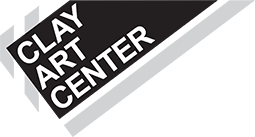
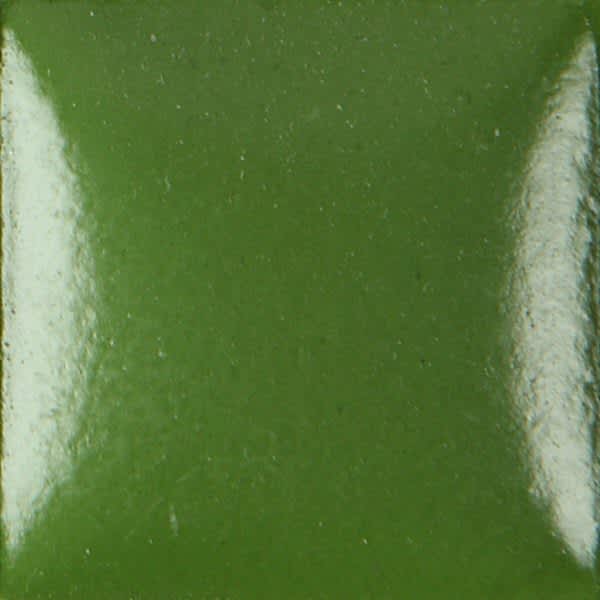
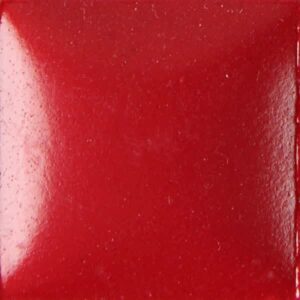
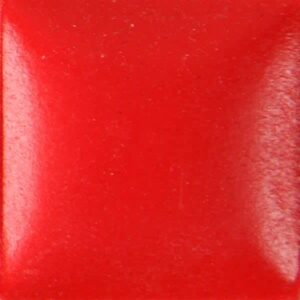
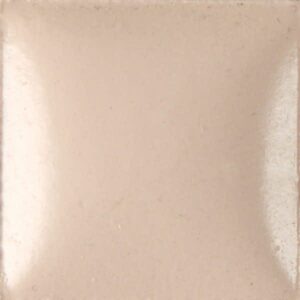
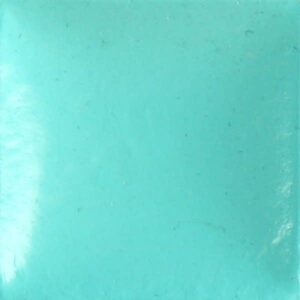
Reviews
There are no reviews yet.